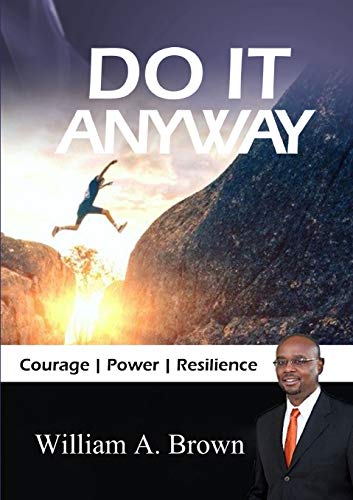Article-Detail

Take Advantage of Their Mistakes
2 Samuel 11 in the good book tells a story about David and Uriah. David was a Great king, honored by everyone including Uriah, the Hittite. Uriah served in the king’s army, and was blindly loyal to King David. Uriah’s name means, “God is my light” and was a man of flawless character. Uriah’s wife, Bathsheba, was a very beautiful woman. While Uriah was fighting a war, King David watched Bathsheba bathing and fell in love with her. Later, he slept with Bathsheba and she became pregnant. She told David who devised a plot to cover his indiscretion. He brought Uriah back from battle to talk about the war then sent Uriah to his wife hoping Uriah would sleep with her and assume responsibility for the pregnancy. Instead, in solidarity to his fellow soldiers who were not able to sleep with their wives, Uriah slept at the king’s doorstep. The next day, the king got Uriah drunk and still, Uriah refused to go home and sleep with his wife.
Finally, King David decided to have Uriah assassinated. He wrote a letter to the Commander of the Army, Joab, with instructions on how Uriah’s assassination was to be carried out. The King had Uriah deliver the letter to Joab. Because of his character, the king knew Uriah would not open the letter. Uriah did not, he delivered the letter as directed, and was assassinated according to the instructions Uriah himself delivered.
I recently had a conversation with a leader who was frustrated with her boss because he was an incessant blamer. He would assign tasks, offer no training or support leaving her on an island to figure out what to do. To add further insult, if things went wrong, or if someone had a criticism (gossip), he would call this leader out publicly jabbing the air with his finger while berating her. To make things worse, her leader would make up stories highlighting her incompetence saying what “all these people” were saying about her. When I hear stories like this, it takes me back to my first teaching assignment, many of you can relate to this, I was given a key to the classroom, a master copy of the textbook and sent to my room to teach. My first principal assignment was very similar, I was given a master key to the school, a box of business cards and sent to lead. This experience is relevant because too often, leaders are left to lead without much guidance and, when things go wrong, leaders look for ways to scapegoat those who depend on them for guidance and leadership.
Uriah, trusted and depended on David for honorable leadership. It was David who demonstrated poor character by taking advantage of his position over Uriah and Uriah’s loyalty. Your people look to you to provide cover and the resources they need to be successful. Senior leaders are in position to absorb the impact of mistakes made in an organization. Too often, they would rather throw leaders beneath them under the bus to save their reputations or to maintain status. This same status and loyalty would be multiplied to the positive if they provided cover for the people on their team. Further, the ‘mistake’ could be used as a learning opportunity for the entire organization. Everyone I know has a story where a mistake was made and they took the blame whether it was ultimately their fault or not. The result? Years of complaining about the experience, diminished trust in the organization and/or their leader and reduced effort and performance. Imagine a leader who, instead of looking to blame, absorbed the blow and used the event to make their people better. Improved trust in the organization and/or their leader, improved effort and performance and less complaining.
The lesson we learn from David and Uriah is actually a simple one. Own your mistakes. As leaders, we own it all, whether we participated or not. Your first instinct may be to identify someone to blame and create a story of their incompetence. Your ego will tell you that others believe your narrative, the truth is they don’t. Owning it no matter what it is crucial in leadership because people will make mistakes, and they need space to do so. Because you have power and control over them, people under your leadership are unlikely to point out your throwing them under the bus but they will notice and resent it. Although they won’t say anything to you, more people than you know will participate in the complaining, reduced trust and diminished performance. Just like the story of the naked emperor, your ego will have you parading around in a fool’s paradise. Heed the story of David and Uriah and use tough times as an opportunity for your whole organization to improve and your team will SOAR!
William A. Brown
June 30, 2019
https://josepabloaguayo.com/david-and-uriah-what-to-do-when-leaders-fall/




